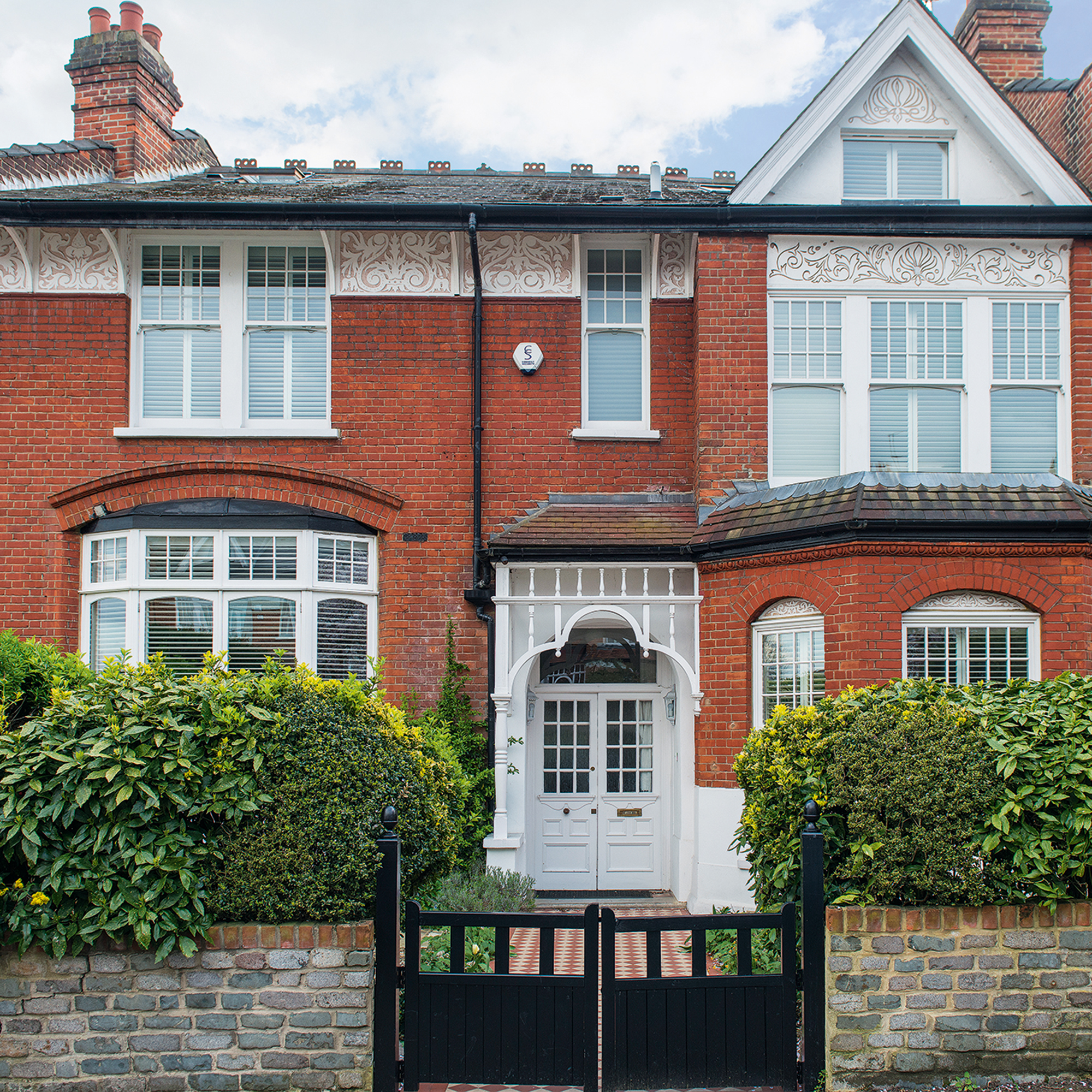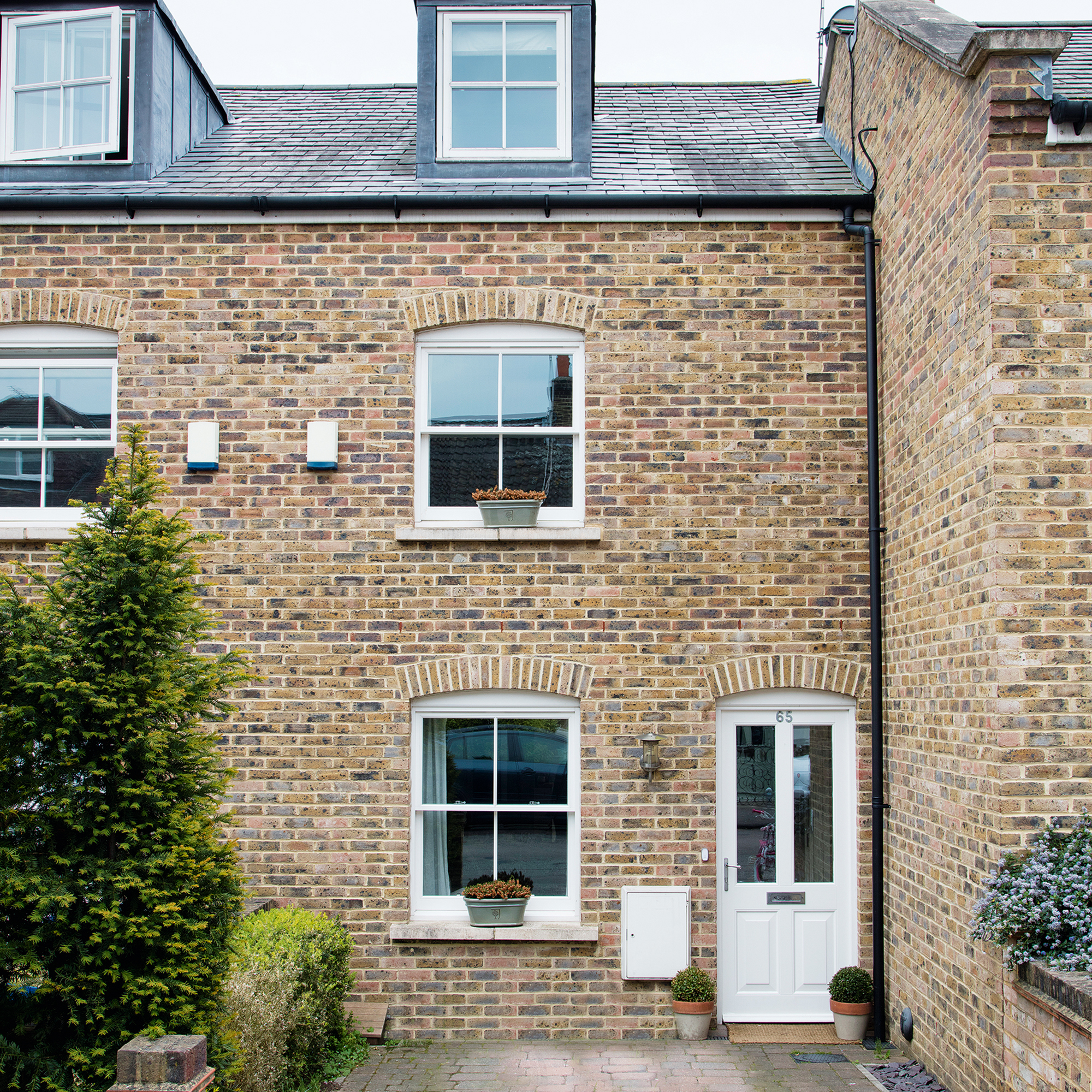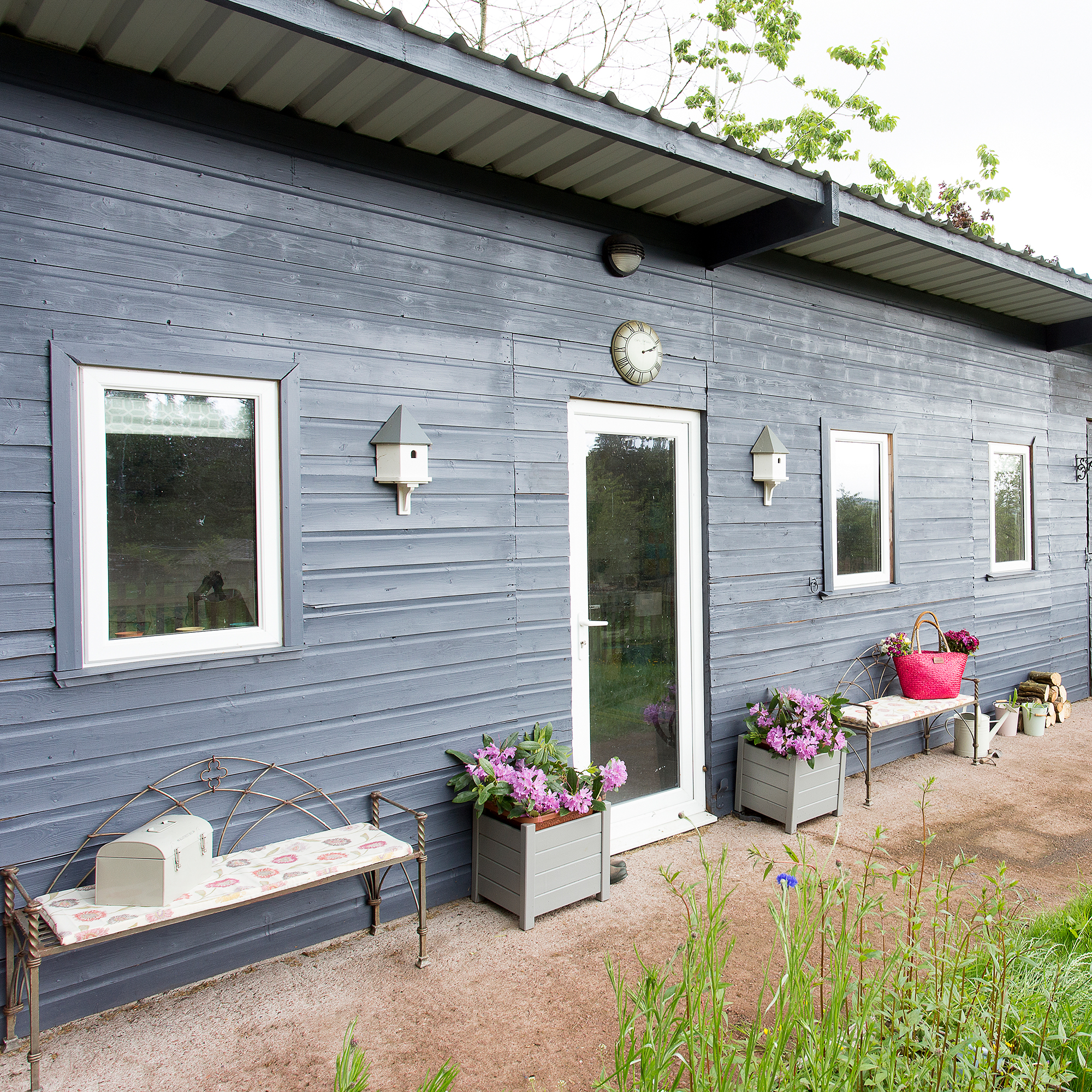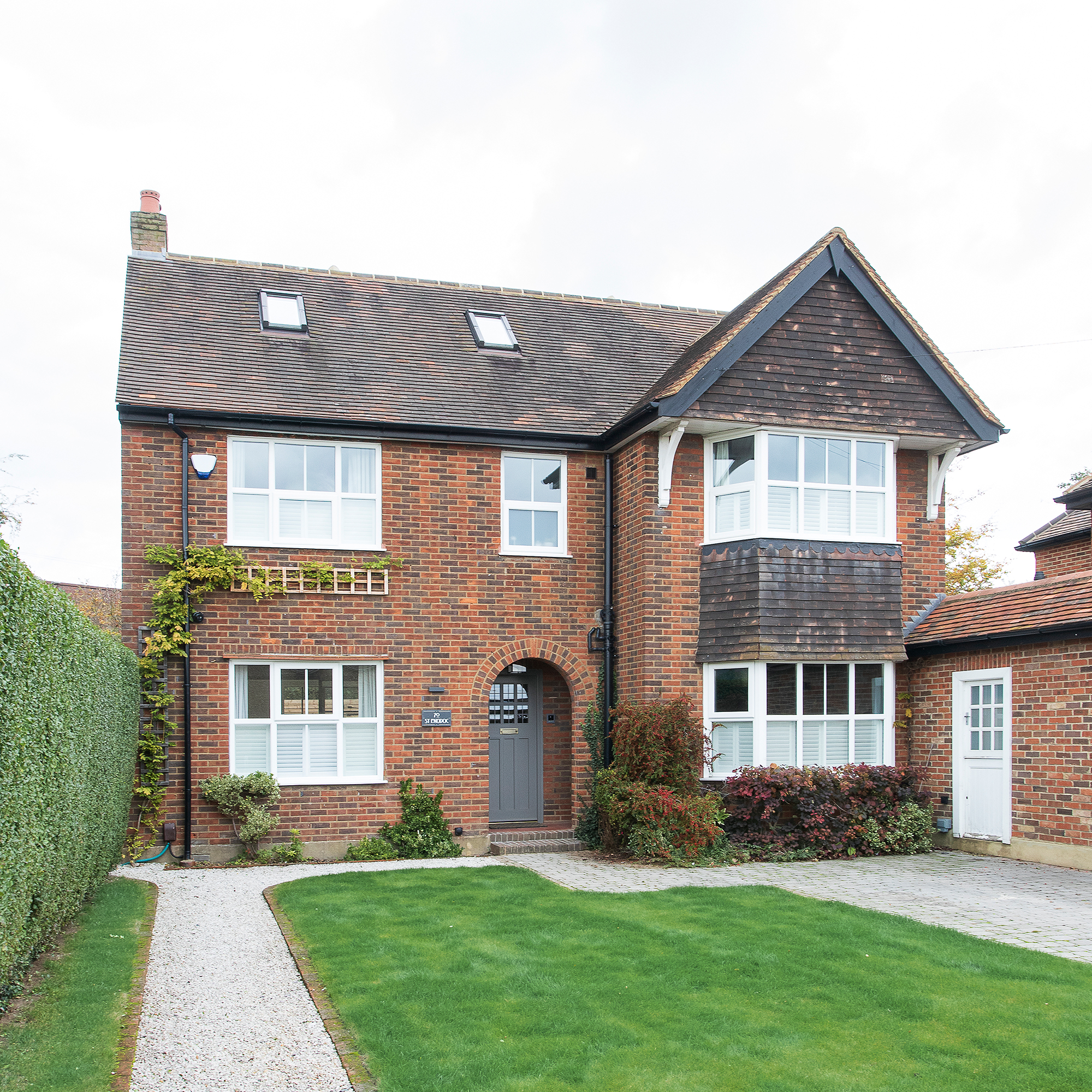First time buyer schemes to help you get on to the property ladder
We’ve rounded up the first-time buyer schemes you need to know about to get you on the first rung of the property ladder
The prospect of buying a house for first-time buyers is looking more and more daunting as the months go by. Raising a deposit and affordability remains the key issues stopping many from getting on the housing ladder.
House prices are continuing to soar - annual price rises have been in double digits for months – and interest rates are rising making the cost of mortgages more expensive. This has resulted in the need for much bigger deposits to be saved.
UK Finance claims that typically a first-time buyer has scrimped and saved for a deposit worth almost one quarter of the property's value, averaging around £60,000. Meanwhile, salaries are not keeping pace - the Office for National Statistics (ONS) puts prices at more than nine times average earnings.
Homeowners have stretched themselves like never before to get a foot on the property ladder while prices surge at a pace not seen since before the financial crisis. The main driver of prices is that the UK housing market continues to see demand for properties outstripping the number of homes on the market.

Mark Harris, chief executive of mortgage broker SPF Private Clients, says: 'Many will feel that the opportunity to own their own home is nothing more than a dream. Fortunately for them, there are opportunities to climb onto the property ladder. Whether standing on their own two feet, utilising a government or council scheme or a housing association– the likelihood is, there is a scheme out there to help.
'A mortgage adviser will be able to guide you through the process and find the most suitable product for you.'
First time buyer schemes - what’s available?
First Homes scheme
The newest scheme on the block is the First Homes scheme, launched by the government in June 2021. You get a discount of between 30% - 50% off the price of a new-build property in England (this scheme is not available elsewhere).
Sign up to our newsletter for style inspiration, real homes, project and garden advice and shopping know-how
To be eligible you need to be aged over 18, never have owned your own home before and be buying the home as part of a household where total income is no more than £80,000 (or £90,000 if you live in London).
Prices after the discount has been applied are capped at £250,000, with the exception of London where the limit is £420,000.
This means it would be possible to buy a property with a maximum market price of £357,000 to £500,000, depending on the discount, and valued at as much as £840,000 in London with 50% off.
Buyers must use a mortgage for at least 50% of the price of the discounted home.
Military veterans and key workers such as nurses, police officers, teachers and firefighters are typically given priority, but people in other jobs can also benefit depending on local authority rules.
The scheme is designed to keep offering benefits to a chain of buyers, so the discount is locked into the property. This means that when you come to sell you must offer the same discount you enjoyed on its market value.
To apply, contact the developer (or estate agent if you’re buying from a previous First Homes buyer) and tell them you want to buy a First Home.
Pros:
* Big discounts on the purchase price
* Help communities stick together for generations to come.
Cons:
* Only available on new build homes
* Potential lack of available homes in your area

Help to Buy
For buyers in England with a 5% deposit who want to move into a new build, there’s help under the government’s Help to Buy equity loan scheme.
The scheme is now exclusively for first-time buyers, having previously been open to all. As before, the government will lend homebuyers up to 20% of the cost of a newly built home, and up to 40% in London. Regional price caps have been introduced, however. For example, in the north-east it can only be used on homes worth £186,100 or less and in the south-east the limit is £437,600. In London the maximum is £600,000.
The equity loan is interest-free for the first five years, and can be paid back at any time, up to the maximum loan term of 25 years.
After five years, you will be charged 1.75% interest which then increases every year in April, by adding the Consumer Price Index (CPI) plus 2%.
The Welsh variant of Help to Buy is relatively similar to that of England, with the Government loaning you up to 20% of the property’s price, interest-free for five years. After five years, you will be charged 1.75% interest which then increases every year in April, by adding the Consumer Price Index (CPI) plus 1%.
The properties must be new build from a builder registered with the scheme
and to be worth no more than £250,000 in price.
Both schemes are due to end in March 2023.
To apply in England, you need to apply through the Help to Buy agent in the area where you want to buy your home.
To apply in Wales there’s an online application form.
The Help to Buy (Scotland) scheme is no longer available and it is not available in Northern Ireland.
Pros:
* Only a small deposit of 5% is needed
* Loan is interest-free for five years
Cons:
* Only available on new build homes
* Regional caps might be prohibitive
* Interest charges after five years could be expensive as linked to inflation

Mortgage guarantee scheme
A government support scheme announced in the March 2021 Budget means it is now possible to get a mortgage with just a 5% deposit again.
Behind the scenes, the government provides the lender with a guarantee on the mortgage. Borrowers can apply as normal to a lender for a 95% home loan.
There are some restrictions for the buyer. You cannot use the scheme to buy properties worth more than £600,000 and it must be a repayment mortgage (paying both the interest and capital) rather than an interest-only mortgage. The scheme cannot be used for second homes or buy-to-let properties.
Some 95% loans are only for houses - flats, maisonettes, or even new-builds might be excluded. The self-employed are not eligible for 95% loans from some lenders and criteria may be stricter.
The requirement for a small deposit will only benefit people who are already earning enough to borrow the mortgage they want. You still need to pass affordability tests.
To apply, speak to a fee-free mortgage broker about which lenders can help with first-time buyer mortgages.
Pros:
* Only a small deposit is needed
* Many mainstream lenders participating
Cons
* Price caps on property value
* The self-employed could be excluded
* The loans might not offer the best first-time buyer mortgage rates
Right to buy
This enables eligible council and housing association tenants in England to buy their home with a discount of up to £87,200 (£116,200 inside London). The longer you have been a tenant, the bigger the discount you could get.
You probably have the Right to Buy if you have spent at least three years renting from a council, housing association or government department. The three years don't have to be continuous.
To find out if you’re eligible you can use this eligibility checker.
You can apply here once you’ve established if it’s right for you.
In Northern Ireland, you can apply to buy your home if you've rented your home from the Housing Executive or a housing association for the last five years. However, if the property is a one or two bedroom bungalow, or in a sheltered housing development it won’t qualify.
The scheme ends for housing association tenants this summer. You must apply to buy your home by 28 August 2022.
Right to buy is not available in Scotland or Wales.
Pros:
* Big discounts are available
* Some mortgage lenders will take the discount as a deposit
Cons:
* If you sell your home within the first five years, the landlord has the right to ask for repayment of all or part of the discount

Shared ownership
Shared ownership enables people who can't afford to buy outright to purchase a share of between 25-75% of the property's value. They get a mortgage on this portion and the deposit needed is relatively small as it's only needed for the share you buy.
The balance is covered by monthly rent to a housing association. Buyers have the opportunity to buy more shares, known as staircasing, subject to affordability checks. This means you increase the amount of equity you own in the property and will get a bigger uplift when it’s eventually sold.
To apply, contact your local authority’s housing team to ask about housing associations in your area.
You can find helpful information on websites such as Share to Buy, the government’s Own Your Home website, or Homes for Londoners if you live in London.
Shared ownership in Wales is similar to the scheme in England, where you buy 25% to 75% of your home and rent the rest. You need to have a combined income of £60,000 or less and not be able to buy the property without assistance. Under the rules you must buy from a participating landlord.
To apply in Wales there’s an online application form.
In Scotland there’s the New Supply Shared Equity (NSSE) scheme which is open to first-time buyers (as well as other priority groups such as the over 60s). As the buyer, you’ll pay for the biggest share – usually between 60% and 80% of the home's cost – and the Scottish Government will hold the remaining share under a 'shared equity agreement', which it will enter into with you.
You need to contact the local council or social landlord who can provide you with details of how to apply and will assess your application to see if you qualify.
You can find a scheme in your area here.
Northern Ireland has two shared ownership schemes; Co-ownership Housing, and FairShare. Both allow you to buy 50-90% of a property and then pay rent on the rest, whilst gradually increasing your share when you can afford to.
Co-ownership Housing is for homes worth up to £175,000. FairShare is used by certain housing associations for new build properties worth up to £160,000. You can apply here.
Pros:
* Enables a more accessible and cheaper route onto the property ladder
* Ability to increase your share of equity in the property
Cons:
* Not all mortgage providers will offer mortgages for shared ownership
* Shared ownership properties are leasehold
* You don’t own it in a fully legal sense until you have staircased up to 100%.
Rent to Own (Northern Ireland)
You rent a new-build property from government-backed developments (although private companies are also available) for three years and receive 20% of your rent back to help you save a deposit. Available properties are new build properties worth less than £165,000, with 10-year warranties.
Bear in mind this involves a £2,500 upfront payment to Own Co at the start of the process, once you’ve been approved.
Wales’ Rent to Own scheme is now closed.
Pros
* Bank 20% cashback if you buy the property
*Rent will not increase during your tenancy
Cons
*You have to pay Co-Ownership a £2,500 down payment
Do I qualify as a first time buyer?
Most schemes require you to have never owned a property in the UK before, although this doesn’t apply to the mortgage guarantee scheme. Many of them also require that you could not afford a property without the relevant scheme – so that the help goes to those who really need it.
David Hollingworth of L&C Mortgages says: 'There’s a range of different schemes so it’s important to understand the varying requirements and way they work. Schemes will have different eligibility requirements in order to make sure that the help is aimed at the right target group. They will often be for first time buyers only but there could be other limits such as a maximum income limit or maximum property value.'